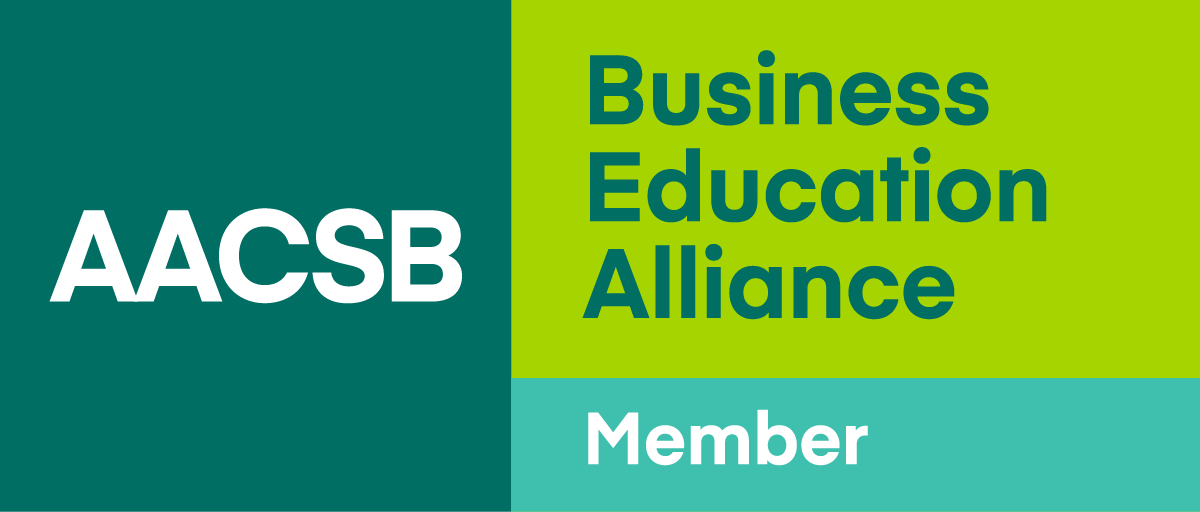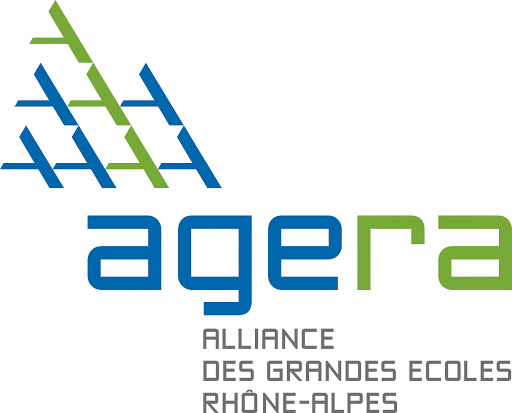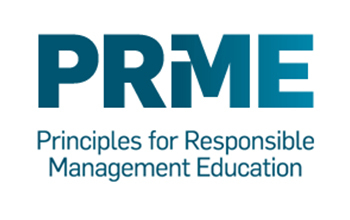- Homepage
- ESDES’s blog
- Orientation
- How Fintech can turbocharge impact finance for societal progress in developing countries
Sarah Clifft
4 min.
8 May 2024
The world faces a multitude of challenges, from poverty and inequality to climate change and environmental degradation. To address these issues, a new financial paradigm has emerged: impact finance. This approach aims to generate positive social and environmental outcomes alongside financial returns. However, traditional financial systems often struggle to reach the underbanked populations and geographically dispersed communities prevalent in developing countries. This is where Fintech, the use of technology in financial services, steps in as a powerful catalyst to accelerate the implementation of impact finance and ensure its societal impact.
Democratizing access to impact investing
One of the most significant contributions of Fintech is democratizing access to impact investments. Traditionally, impact investing has been the domain of wealthy individuals and institutional investors due to high minimum investment thresholds and limited transparency. Fintech platforms disrupt this model by enabling three key actions. First, fractional Investing through platforms allowing individuals to invest smaller amounts in high-impact projects or businesses. This makes impact investing more accessible to a broader demographic, fostering financial inclusion and mobilizing capital for sustainable development. Second, crowdfunding solutions are facilitated through Fintech to enable a broader base of individuals "capacity to contribute smaller sums to finance ventures with a social or environmental mission. This empowers local communities and entrepreneurs in developing countries to raise capital for initiatives tackling local issues". Finally, Micro-Investing, which allows users to invest even small amounts of spare change towards impact projects. Thanks to Fintech technology, this fosters a culture of impact investing at the grassroots level and allows individuals to contribute to positive change, regardless of their income level.
However, building trust in impact finance is crucial, particularly in today’s environment where there is so much socio-economic and climatic risk at stake. Cue the Fintech tools, which can significantly enhance transparency and accountability within the ecosystem. Via Blockchain Technology, for tamper-proof records of financial transactions, or Impact Measurement Tools integrated into Fintech platforms to enable the measurement and reporting of social and environmental impact of investments, Fintech provides investors access to the real-world outcomes of their contributions, allowing them to make informed decisions based on both financial returns and positive societal impact.
Also, in a rapidly evolving global market, developing countries often lack established credit scoring systems, making it difficult for traditional financial institutions to assess risk in potential impact investments. With Fintech, big data and advanced analytics can be leveraged to develop alternative credit scoring models and also improve efficiency in loan disbursement and collection. Consequently, developing countries are able to provide more accurate models of risk assessment for investors and also thanks to Fintech, loan application processes can be facilitated and accelerated, allowing entrepreneurs and small business to seize opportunities and scale their ventures with a positive societal impact.
Fintech for financial inclusion - the backbone of impact finance
As developing countries strive to ensure societal progress, financial inclusion is a critical prerequisite to guarantee equitable opportunity. Fintech offers a range of solutions to address this challenge:
- Mobile money platforms: These platforms provide access to essential financial services like digital wallets, mobile banking, and digital payments in areas with limited access to traditional banking infrastructure. Individuals are therefore empowered as well as small businesses, fostering economic participation and local development.
- Digital microfinance: Fintech enables microfinance institutions to expand their reach and offer financial products like microloans, savings accounts, and insurance to underbanked populations in a faster, more efficient, and cost-effective manner. This provides access to essential financial tools, promotes financial health, and enables individuals to invest in their livelihoods and communities.
Challenges and considerations
While Fintech offers immense potential to accelerate impact finance in developing countries, several challenges need to be addressed. First and foremost, the Digital Divide, which can limit access to technology and the internet in rural areas, hindering widespread adoption of Fintech solutions. Addressing this requires infrastructure development and digital literacy initiatives.
Secondly, there is still regulatory uncertainty to address amidst evolving Fintech regulations, and this can create uncertainty for stakeholders. Governments in developing countries need to develop regulatory frameworks that encourage innovation while mitigating risks.
Finally, despite a fast-growing workforce in the Fintech space (15000 jobs announced in France alone in 2023), financial literacy is still rife. Building awareness and understanding of Fintech and impact investing is crucial for successful implementation.
Collaboration is key
To consolidate and accelerate impact finance implementation, Fintech needs to be supported by collaboration between various stakeholders. These include:
- Fintech startups through the development of innovative financial products and services tailored to the specific needs of developing countries.
- Governments can create an enabling regulatory environment that fosters innovation, protects consumers, and promotes financial inclusion.
- Impact investors have the power, capital and expertise to support Fintech ventures focused on positive social and environmental change.
- Non-profit organizations must engage with Fintech companies to build awareness of ongoing projects in developing countries, to help develop solutions that address specific social and environmental challenges which prevail.
Fintech is not a silver bullet, but it is a powerful catalyst with the potential to revolutionize how impact finance is delivered and scaled in developing countries. By democratizing access to investments, enhancing transparency, mitigating risk, and promoting financial inclusion, Fintech can empower local communities, foster social entrepreneurship, and drive sustainable development. As collaboration between stakeholders intensifies and technological innovation continues, Fintech has the potential to unlock a new era of financial inclusion and societal progress, ensuring a brighter future for developing countries.
Esdes Business School proposes an MSc, Master of Science in ‘Impact Finance and Fintech Management’. For more information, read on here









